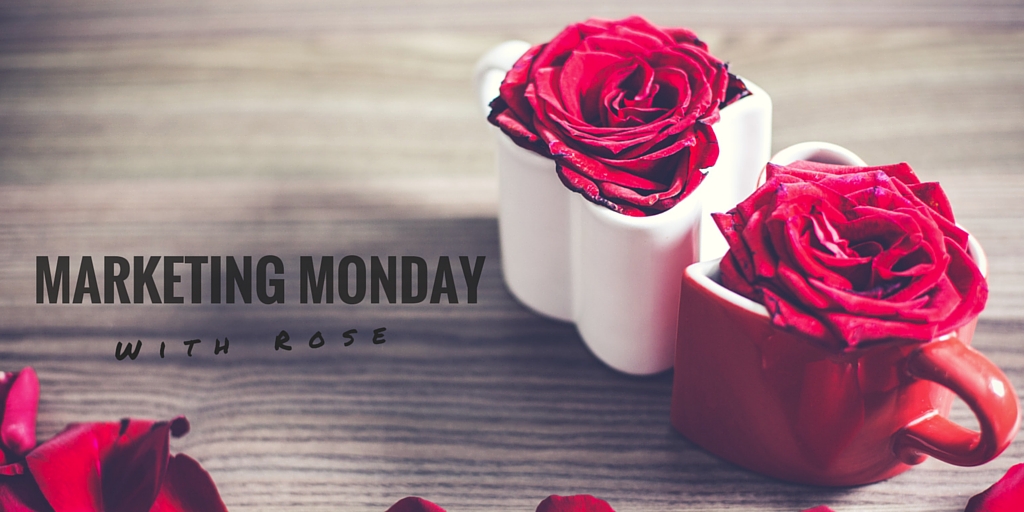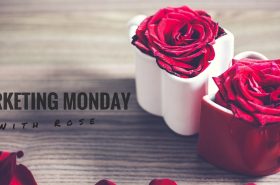
What can get out the vote efforts teach us about book marketing?
If you are anything like me, you are going to be stuck thinking about this election until it’s over. Instead of stress watching the news, let’s aim that train of thought in a new way to see how it’s related to marketing.
A good part of marketing is understanding how people behave, and I think get out the vote methods are an extremely good way to showcase that, because it’s all behavioral science.
Let’s first talk about celebrity endorsement videos. I think this is the easiest to picture because it’s also the most viral. If you like a celebrity out of the say, dozen they show, you’re likely to pass it on. But as it turns out, this method is not very effective. They at best change the narrative around voting. To suggest it is your duty to vote, or that it’s a close race and you need to be the one to decide it.
Now while changing the narrative around things can cause real change in some areas. If you ever been the one person who hasn’t read Harry Potter, or Twilight, or watched Luke Cage, you likely know a slight narrative shift of an impersonal “do this thing” won’t help all that much. Because even if you say that you will, when it comes down to the actual voting, you might not. I see this happen a lot with books when I’m not in a buying mood. The conversion rate just doesn’t have a high yield.
These videos are useful, I’ve listened to the election version of Our Fight Song, several times even. I’ve also had my afternoon made by a Congress parody with Chris Pine, who we seriously should give more comedies too. But they both are indirect marketing methods. When applied to your book, they remind me of its existence, or hopefully endear me to your work, but they don’t directly cause me to vote, or buy a book.
According to behavioral research on the matter, having people create a plan to vote is up to three times more effective. If you have it all planned out then you are less likely to come up with an excuse when the time comes. In marketing, I think we see this clearly when it comes to midnight releases of movies. Even for things I’ve waited years for,if there isn’t a plan around it, who knows when I’ll actually do it. Imagine a time you really wanted to see something, then just didn’t, and now it’s out of theaters. That happens when you don’t have a plan. Pre-order options can help counteract this effect, but only because it allows you to act now instead of betting on your future actions.
For more on the behavioral research behind voting, I highly suggest the video “Facebook Could Reveal Your Voting Record”.
We’ve briefly talked about pre-orders but I’d like to talk about them again. There is a belief that if you are in a state that is always colored one way, that why even vote? That since you are one person, you will hardly make a dent either way. However, even if you are voting against, or with the current, you let the powers that be know you are paying attention.
Pre-orders allow publishers to gauge how eager people are for something, and allows them to take bigger marketing risks beforehand based on it. Twitter will also display the interests of people who interact with you. Wattpad will tell you age group, gender, and country of origin. Analytics allow publishers to act accordingly. A big showing for an LGBTQ/MOGAI book? Give it a sequel, or add more of them to the catalog.
This is true with voting as well. The clearest example is seen after the Voting Rights Act of 1965, communities that showed up to vote ended up getting more work done on their streets. You might think you are just voting for a person, but you are also voting to say, “Here I am”. Same is true when you buy a book. That sell tells someone you are a person on the other end. Both governments and publishers want to please those people. In marketing, it’s called customer re-acquisition, and generally, those groups are less expensive to reach than finding a new customer. An engaged citizen, or reader, is easier to please than a disenfranchised, or discouraged, one.
For more, check out this video on “5 Things You Believe About Voting That Are Statistically BS”.
The last thing I want to talk about is opportunity cost. In the U.S., election day is held on a Tuesday. Which means many people work or have to go to school. It’s easy to vote when you have free time or ability to take days off. Not so easy when the free act of voting actually costs you. Babysitters fees, or the cost of a taxi, are factors that you might not think of when it comes to a free activity. That’s why in general voting favors the rich, and why newer get out the vote methods include offering rides to polling locations.
I’d be willing to bet some of those hard to come buy dollars that marketing trends also follow classist patterns. With exceptions for underserved demographics that get labeled “niche”.
This is why I personally love giving out review copies, love that buyers have the option between paperback or ebook, love that some libraries share their collections with other libraries across the country. The lower the opportunity cost of trying a new series, the better chance you’ll have at getting strangers to give you a try.
If you still need the vote, make that plan today.




